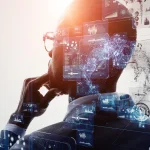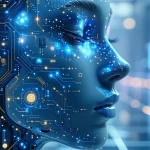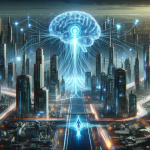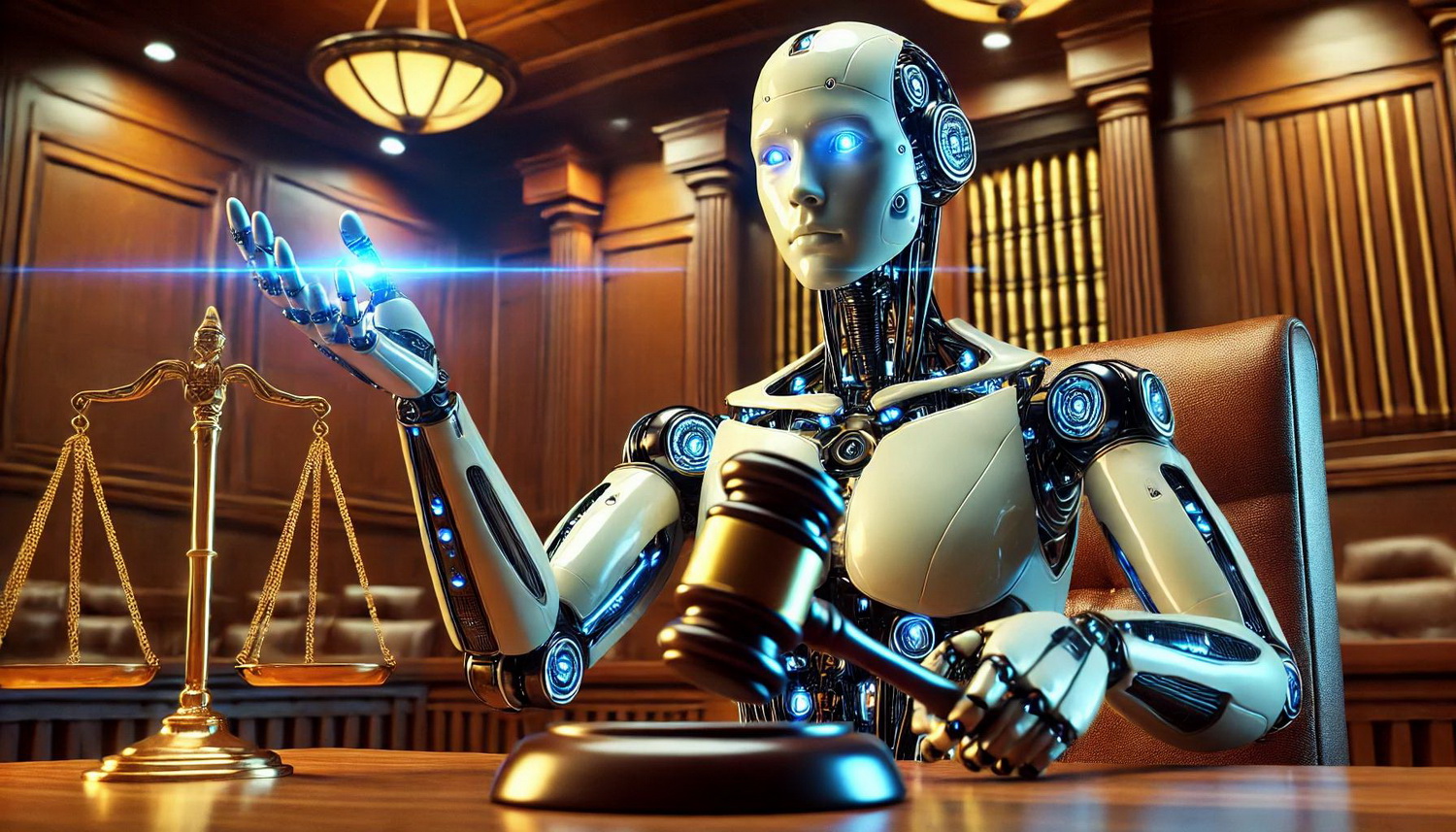Introduction
The 21st century has become an age of accelerated innovation where technology influences not only how we live but how societies evolve. From artificial intelligence to quantum computing, digital transformation now determines the success of nations and the influence of individuals.
This technological revolution extends beyond devices and data—it is shaping global culture and power dynamics. Celebrities, corporations, and political leaders are using digital innovation as a tool to connect, persuade, and lead in a rapidly changing world.
Technology as a Driver of Global Progress
Technology has become the backbone of modern civilization. Nations that invest in AI, renewable energy, and digital infrastructure are achieving faster development and global relevance. Innovation fuels economies and enhances the quality of life by improving access to education, healthcare, and sustainable resources.
However, the digital divide remains a persistent challenge. Many developing countries struggle to compete due to limited technological investment and infrastructure, creating an imbalance in global opportunities. Bridging this gap is crucial to ensure that progress benefits all, not just the technologically advanced.
Celebrity Advocacy in the Digital Age
Celebrities have evolved from entertainers into influential voices for change. Using social media platforms and AI-driven campaigns, they amplify global issues ranging from climate change to mental health awareness. Their reach transcends national borders, turning fame into a form of activism.
Figures like Emma Watson and Leonardo DiCaprio have become cultural ambassadors who merge fame with environmental and humanitarian causes. This merging of celebrity influence and social advocacy underscores how technology empowers individuals to shape global narratives.
AI and the Future of Leadership
Artificial intelligence is redefining the very concept of leadership. Governments and corporations increasingly rely on data analytics to make decisions that affect millions. AI assists leaders in predicting crises, managing economies, and formulating policies based on real-time information.
Yet, this reliance on algorithms introduces new ethical concerns. When machines participate in decision-making, accountability and human judgment become critical. The challenge for modern leaders lies in balancing technological precision with moral responsibility.
The Intersection of Entertainment and Technology
Entertainment has always reflected cultural evolution, but with technology, it has become more immersive and influential than ever before. Virtual reality, streaming platforms, and AI-generated music are changing how audiences experience creativity.
This shift also impacts politics and society. Entertainment now carries messages that shape public opinion and influence elections. As storytelling evolves into a digital dialogue, the line between art, advocacy, and technology continues to blur.
Global Collaboration for a Smarter Future
Innovation thrives when collaboration replaces competition. Nations are now realizing the importance of global partnerships in tackling shared challenges like climate change, cybersecurity, and digital education. Technological diplomacy is emerging as a new form of international engagement.
By sharing research, resources, and data, countries can build a more equitable technological ecosystem. This cooperation can help ensure that the next phase of innovation supports collective progress rather than deepening global inequality.
Challenges in Regulating Innovation
While technology brings opportunity, it also demands regulation. Issues like data privacy, misinformation, and AI ethics have become pressing global concerns. Without international standards, the misuse of technology could destabilize societies and economies.
Governments must balance innovation with responsibility by enforcing transparent laws that protect human rights and promote trust. Regulation, when done wisely, can foster a safe digital environment where creativity and accountability coexist.
FAQs
How is technology influencing global development?
Technology enhances economies, healthcare, and education while creating disparities between nations with unequal digital access.
Why are celebrities becoming advocates for global issues?
Celebrities use their influence and digital platforms to raise awareness about climate change, equality, and sustainability.
What role does AI play in leadership?
AI supports data-driven decision-making, but leaders must ensure ethical use and maintain accountability.
How does technology affect entertainment?
It transforms creativity through virtual experiences, streaming innovations, and AI-generated art, reshaping global culture.
Why is global collaboration important for innovation?
Shared technological progress ensures inclusive growth, helping nations address challenges collectively and equitably.
Conclusion
The world stands at the threshold of a new digital civilization powered by technology, creativity, and collaboration. Innovation connects people and ideas, fostering progress that transcends traditional boundaries of culture and governance.
As this transformation unfolds, the true measure of success will be humanity’s ability to balance progress with purpose. By merging innovation with empathy and responsibility, society can ensure that the future of technology remains a force for good.











